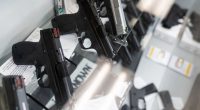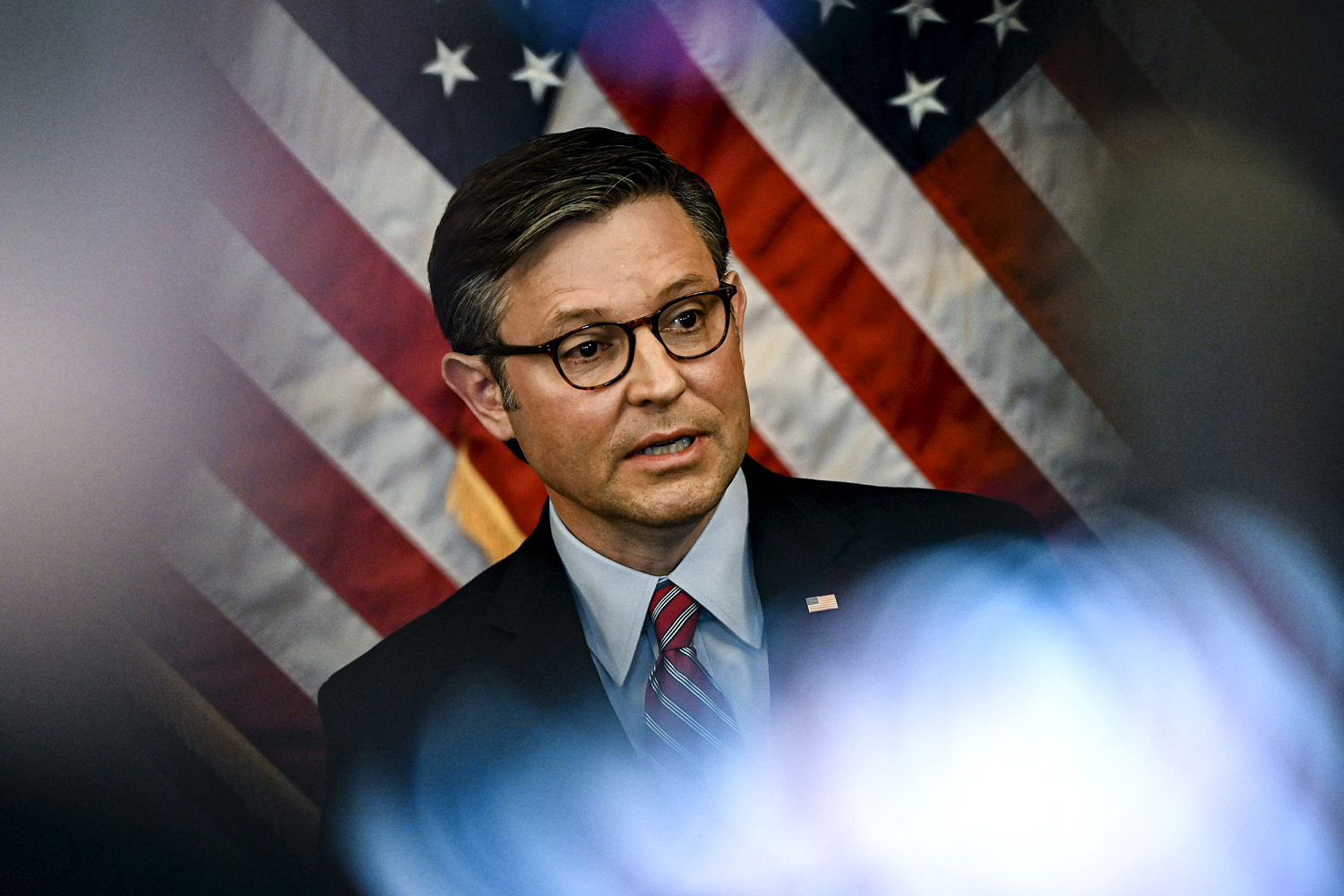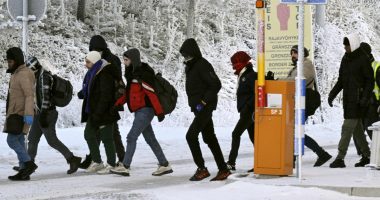WASHINGTON — Speaker Mike Johnson said Tuesday that House Republicans are blurring footage from the Capitol attack before releasing it publicly because they don’t want Jan. 6 rioters to be charged with crimes.
“We have to blur some faces of persons who participated in the events of that day because we don’t want them to be retaliated against and to be charged by the DOJ,” Johnson said Tuesday.
Johnson, who was deeply involved in efforts to overturn the results of the 2020 election based on false claims of mass election fraud, said that people should do their own research into the Capitol attack.
The speaker said he is releasing the footage to counter the Jan. 6 Committee’s presentation of the riot.
“We want the American people to draw their own conclusions,” Johnson said. “I don’t think partisan elected officials in Washington should present a narrative and expect that it should be seen as the ultimate truth.”
Multiple elected Republicans have been spreading misinformation about the Jan. 6 attack, including comparing it to a “normal tourists’ visit,” questioning the FBI director about conspiracy theories and falsely claiming that Trump supporters who have been charged with crimes were actually undercover law enforcement agents.
Johnson’s spokesman suggested that the speaker was trying to keep the raw footage away from online sleuths who have helped identify hundreds of Capitol rioters and aided in the FBI’s investigation.
“Faces are to be blurred from public viewing room footage to prevent all forms of retaliation against private citizens from any non-governmental actors,” Raj Shah, who worked as a deputy White House press secretary in the Trump administration and now works as deputy chief of staff for communications for Johnson, said in a statement. “The Department of Justice already has access to raw footage from January 6, 2021.”
DOJ does have that footage. But online sleuths have proven to be an extremely valuable resource in identifying Jan. 6 participants, using the CCTV footage to determine which rioters entered the building and then building a database with the clearest photos of those suspects. They have often used facial recognition for leads and have aided in hundreds of cases against Jan. 6 defendants.
More than 1,200 defendants have been charged in connection with the Jan. 6 attack, and more than 400 have been sentenced to periods of incarceration. An additional 1,000 Jan. 6 participants have been identified but not arrested.
Source: | This article originally belongs to Nbcnews.com










